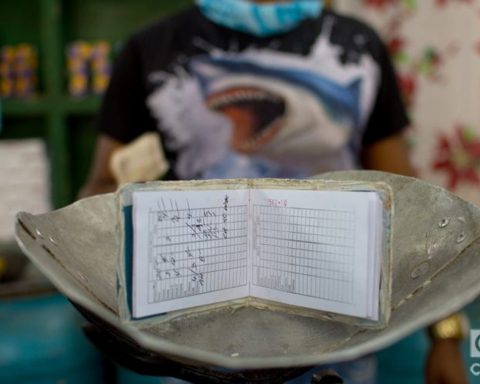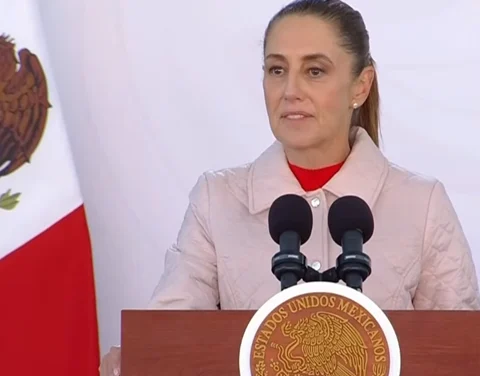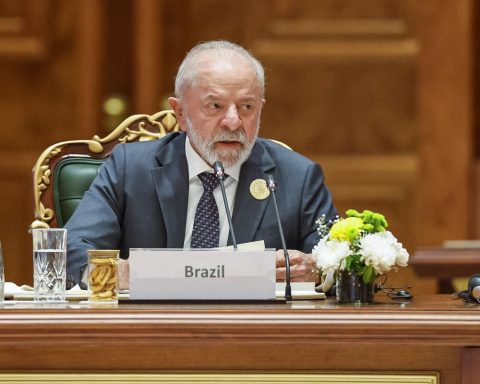MIAMI, United States. – The National Office of Statistics and Information (ONEI) (official) reported On Monday, the official said that the interannual inflation rate in the formal Cuban market reached 30.12% in August, a figure slightly lower than that of the previous two months, but which continues to have a negative impact on the Cuban economy.
Although, according to official data from the Cuban regime, the rate of price increases has shown a slight slowdown so far in 2024, inflation continues to seriously affect families, workers and retired seniors.
According to official data, the monthly variation of the Consumer Price Index (CPI) was 0.42% in August, a lower figure compared to the 0.70% recorded in the same month of 2023. So far this year, accumulated inflation stands at 19.28%, slightly lower than the 20.40% recorded in the same period last year, always according to official data.
Among the categories that increased the most year-on-year were Alcoholic beverages and tobacco, with an increase of 50.15%, followed by Food and non-alcoholic beverages (34.90%), Restaurants and hotels (34.60%) and Transport (31.67%). These sectors are some of those that citizens feel the most, especially in a context of shortages of basic products and services.
In contrast, the Recreation and Culture (9.57%), Communications (0.75%) and Health (0.72%) divisions showed the lowest increases.
Education spending increased by 24.61%. Although this is a universal and free public service in principle, families have reported a significant increase in costs related to materials and other educational expenses, reflecting the impact of inflation in all areas of Cuban life.
Cuba has been experiencing a serious economic crisis for four years, marked by shortages of food, medicine and fuel, as well as increasing dollarization and long power outages.
At the end of 2023, Cuban economist Pedro Monreal assured on the social network X, formerly Twitter, that “real inflation in Cuba is higher than the official one”
At the time, the specialist attributed the high inflation to multiple causes, including circumstantial and geopolitical, but emphasized that internal factors were fundamental. “Modification of relative prices of the ‘reordering’poor supply response, and a high fiscal deficit that fuels excess liquidity” are some of the factors he pointed out.
In his analysis, Monreal criticized any triumphalist declaration regarding the effect of economic policies on the reduction of the official inflation rate, arguing that “double-digit inflation is still a disaster.”

















